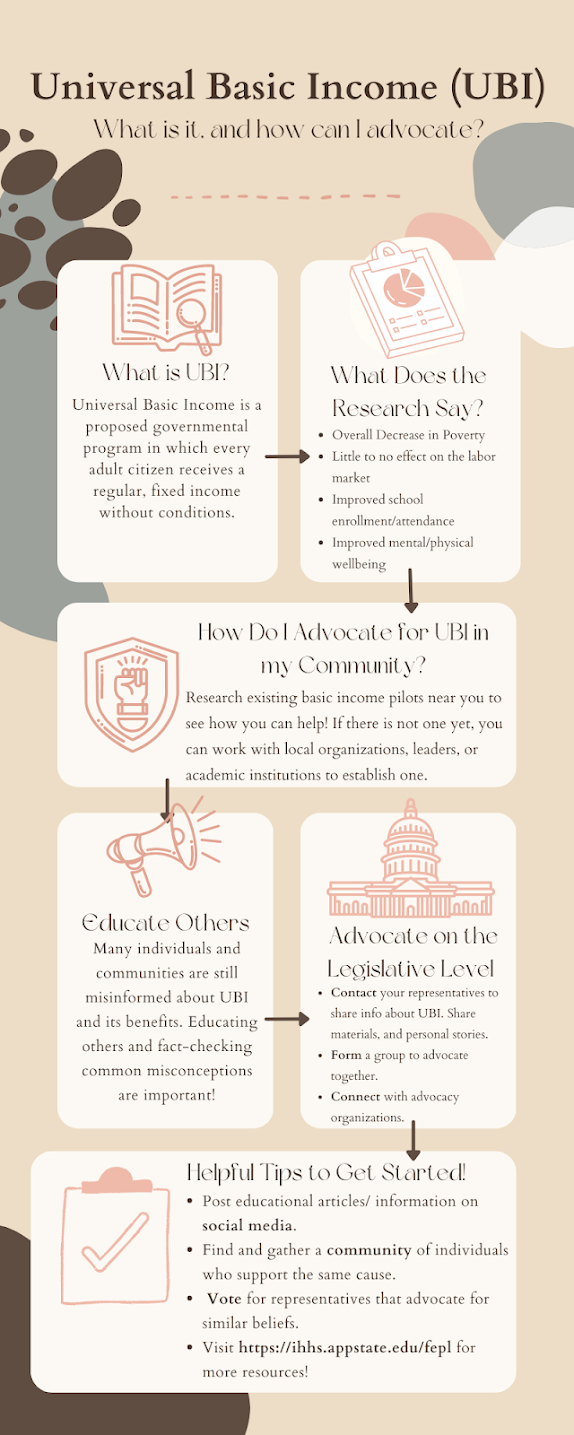What is Universal Basic Income?


When the pilot began, 29% participants held full time or part time employment. At the close of year 1, 63% of participants were working either full time or part time jobs. This jump in employment can be attributed to more job openings post-pandemic, but also potentially the freedom that HudsonUP gives them to seek out employment. Being able to make plans for the future, improving their employment outlook, and seeking higher education are just some of the benefits participants received from participating in the pilots first year.
According to data, mental and physical health also improved among participants. Many described the program as a “relief” that took financial strain off of them. Less financial burden also allowed participants to grow their personal relationships with family and friends. Many now had the ability to help family members and friends financially.
In addition ,HudsonUP gave participants a greater sense of autonomy and control over their lives. The extra income allowed participants to leave negative living situations, and the ability to set boundaries for a greater work-life balance. The pilot was especially helpful for single mothers. HudsonUP provided a greater ability to provide for their children, lowered stress levels, and even helped to foster the bond between mother and child.
Feedback from participants about the pilot was extremely positive. Participants consistently expressed gratitude for the pilot. HudsonUP was unable to reduce certain barriers such as affordable housing or accessible childcare, but still made a considerable impact upon the lives of recipients. The positive data and responses from participants is a call to action for further research into UBI. Traditional assistance programs have rigid rules and qualifications. Disincentives such as extremely low income cut off points, and limits on asset accumulation can make it difficult for families to thrive under these programs. Unlike UBI, this assistance also comes with many stipulations that do not offer appropriate assistance to those struggling with issues such as addiction or mental health issues. HudsonUP illustrated the ways in which UBI could be transformational to communities, or the nation as a whole to make a positive impact on families.
A full report of HudsonUP’s year 1 findings can be found here. Our year two report will be released in late 2022.
Comments
Post a Comment